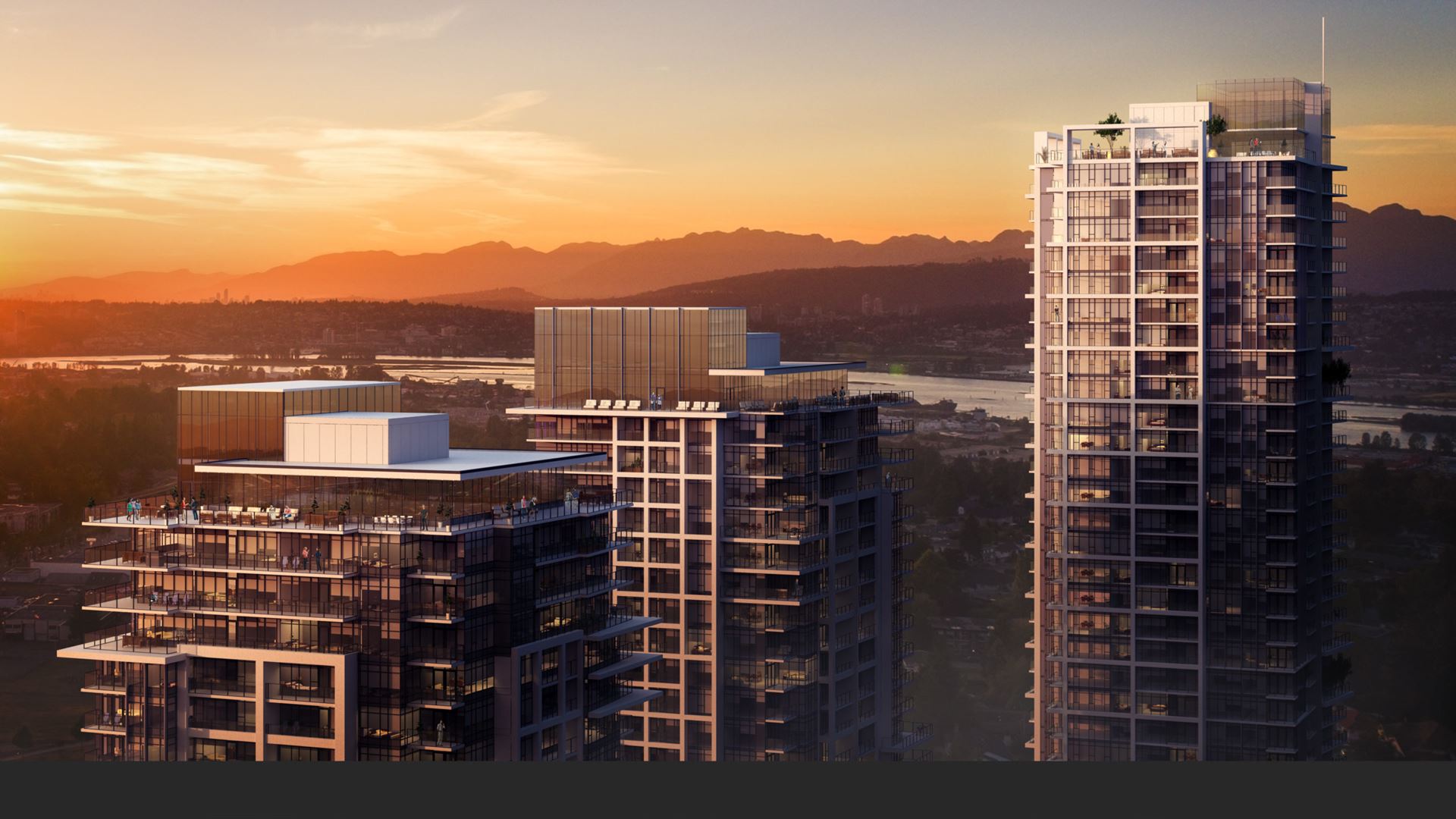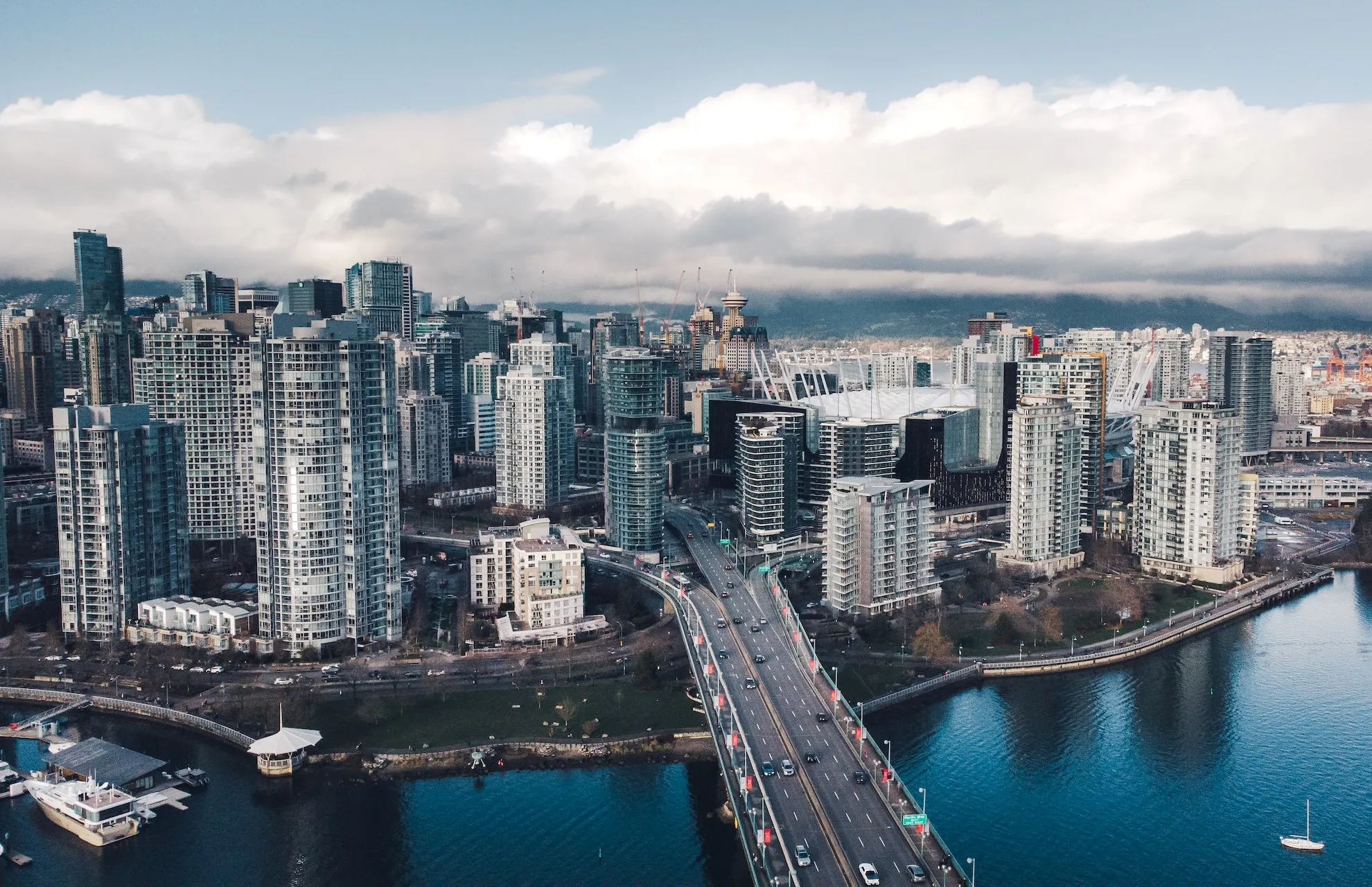Presale purchases are something you simply cannot hate. In fact, to strengthen this point, you can easily see the “sold-out” signboards on various multi-residential construction sites in different parts of the Lower Mainland. If you are not in favour of re-sale, and presale looks enticing to you, it is important for you to understand that there will be a lot of financial considerations.
If you need some useful professional tips for budgeting and other steps in the presale process, here are some for you.
Useful Budgeting Tips For Presale Purchases
1- Down payment vs deposit
One solid and amazing benefit of going for a presale is that you have to pay smaller deposits rather than a lump sum as a down payment.
These smaller deposits are not only good enough for a binding contract for the buyer, but they eventually constitute 20 percent of the total cost. Also, these deposits will be safely kept in a trust account, and once the project completes, those deposits will become part of the down payment. The former, however, refers to the down payment on a home that requires mortgage financing, which in Canada is at least five percent of the net purchase price.

2- Closing costs
After the completion of the house, you will have to pay different types of fees before you move in. Here are some of the fees/charges you may have to deal with.
- Depending on the strata, the connection of utilities (among others) may include a combination of water, gas, and hydro.
- Different strata companies also have a move-in fee.
- If GST is not already a part of the contract, the buyer will have to pay 5 percent GST on completion. However, the buyer can get a tax rebate if
- If the net purchase price of the property is below $450,000, and
- The buyer uses the property as a primary residence.
3- Home Insurance
Although it is highly likely that the strata companies get your building insured, the insurance may only cover the common areas (e.g. elevators, and lobby) and the main structure. That is why a separate policy is developed that covers your personal belongings. Apart from that, it also provides protection against unwanted situations such as pipe bursts.
It is highly recommended that you get your own home insurance. In fact, it becomes mandatory in most cases.
4- Emergency Fund
Emergencies always come uninvited, and it is better to create a fund for them. For instance, even if you are moving into a brand new property where everything is operational and flawless, you may still have to pay for replacing an appliance (whose warranty runs out).
Similarly, you may have to pay a fine for any bylaw violation. Still, no matter what, you have to keep paying your mortgage payments. So, better to create an emergency fund with 3-6 months’ salary.
You can also hire real estate agencies to represent you for a presale purchase. This will ease your burden significantly as the professionals will guide you throughout the process.
No doubt that budgeting is no less than a Herculean task because it can be very intimidating and challenging. However, this is something you have to do if you want to be a home buyer. The better you understand the budgeting, the easier it will be for you to smoothly go through the whole process.





